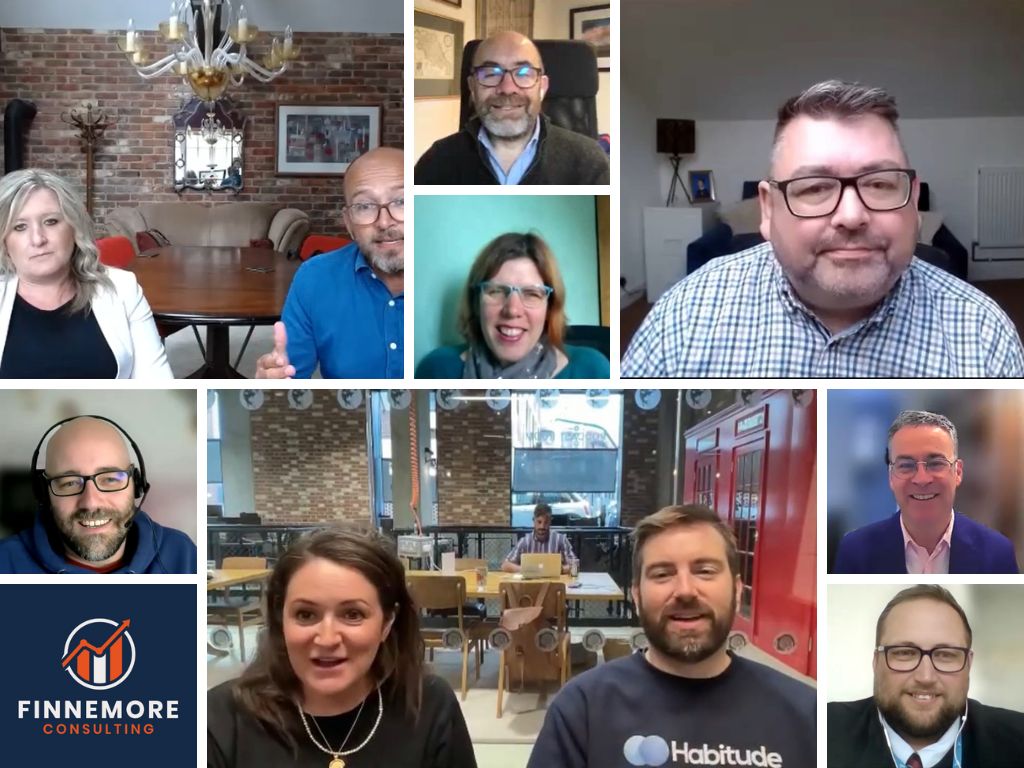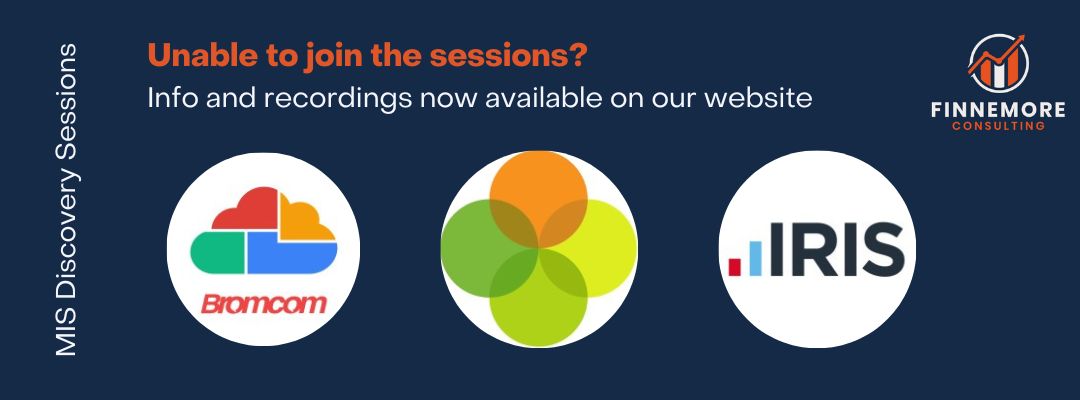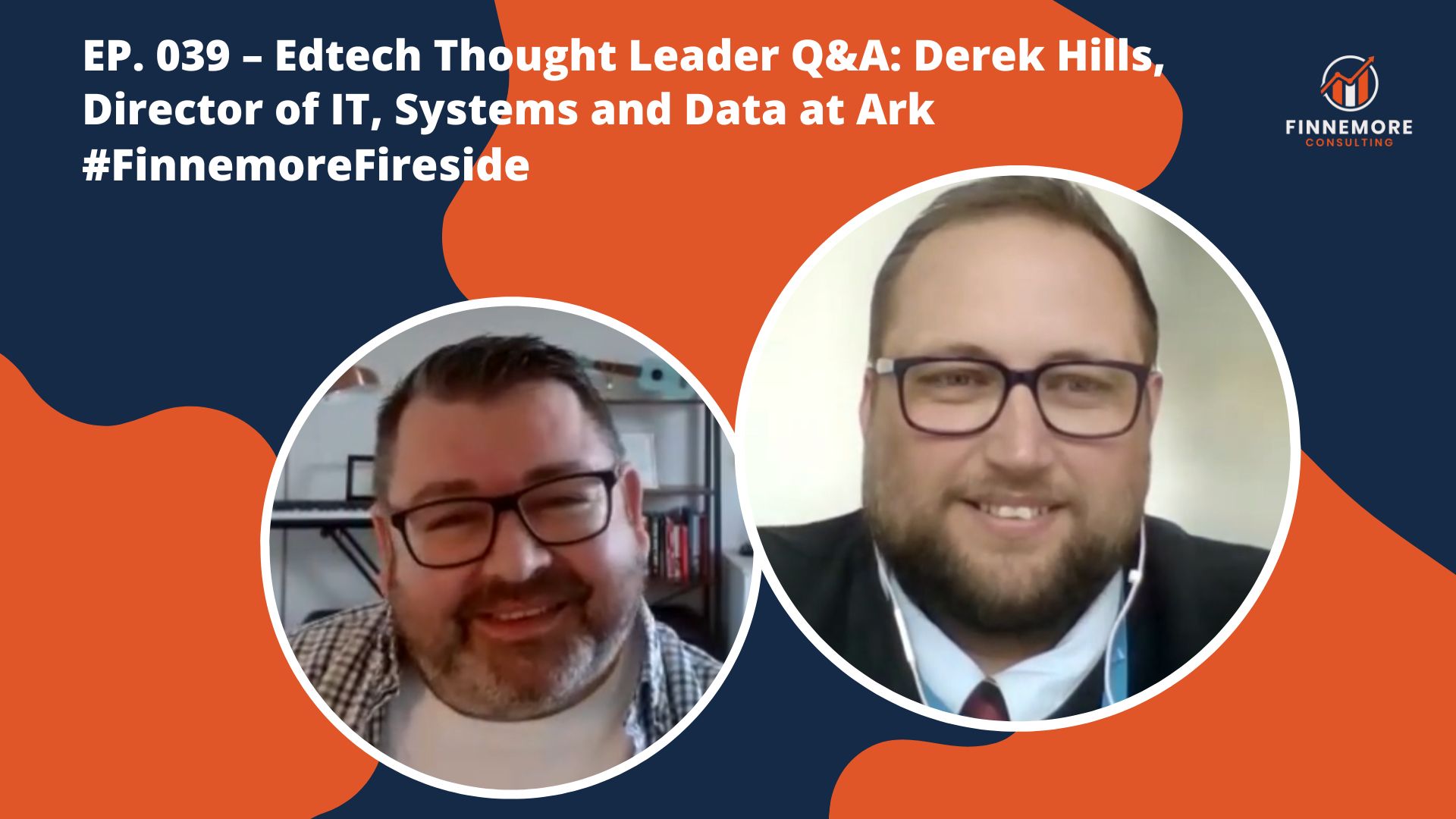How suppliers are taking the stress out of data migration to ensure planned MIS switches don’t get derailed
If, like us, MIS is your thing then you’ll have recently seen the many posts and conversations regarding ESS’ new rules on the ways SIMS schools are allowed to migrate their data.
Even if you’re not an MIS user, you’ll likely have seen the news around it as one of ESS SIMS’ main competitors, Bromcom, has taken a serious stand in defence of its schools and the thousands of schools who plan to switch MIS in the future by pursuing the issue with the Competition and Markets Authority (CMA) and also initiating injunction proceedings to halt ESS’ legal threats to schools, support centres and MIS suppliers regarding migration process. More on this below, but how did this all start?
What has changed when it comes to data migration?
In late December 2023, ESS SIMS suddenly announced you can no longer send a database backup file to your new MIS supplier when you want to switch systems.
ESS has set out their reasons for making this decision and there’s lots of detailed guidance on their website around what is and isn’t allowed, plus the approved migration methods left available to schools if they want to move.
Sending a database backup file has been industry standard practice for at least 10 years and has been used by schools, support teams and suppliers thousands of times to help ensure a smooth transition. Understandably, the whole sector is now trying to identify ways of ensuring schools can migrate their data in a way which is as safe and efficient as the industry-standard method.
Based on some of the conversations we had at Bett, there’s additional frustration amongst schools and support teams: following the CMA investigation into 3-year contracts and whether or not schools had been given enough notice, as part of their submission to the Adjudicator, ESS gave details around the process of switching MIS and included the example of data being copied across from a backup of the school’s SIMS database. So some people are surprised that ESS has now said this has only recently come to their attention, and are sad to learn that this method can no longer be used (this post by Chris Kirk has more info).
Are other data migration options available when it comes to moving away from SIMS to a new MIS?
In their documentation, ESS points to the permitted alternatives. We’ve heard from many schools on this and some of the challenges they’re finding with these methods include:
- There is key data which doesn’t transfer, and it can have serious consequences for the school and pupils (for example, SEND data)
- The API option exports data but not anything like the amount you’re able to get from a backup copy of a database/ .BAK files. Exporters also exist but they tell us that there is usually a cost attached to these and, again, the level of data exported doesn’t compare to the data in .BAK files.
- The methods take a lot longer and the schools don’t feel they have enough time. Schools are required to give ESS three months’ notice if they wish to leave so, for most schools following the traditional April – March contract periods, they will have been required to give notice in December to exit at the end of March. We’ve heard from schools who have real concerns that they’re now not going to be able to extract all of their data but that their access to the system will be terminated in three months (and taking a local backup so you can refer to it later has also been prevented). They tell us they simply don’t have the budget or staff to do it.
- One suggestion was that perhaps schools could run SQL scripts on their own SIMS database so the .BAK file would never need to go to a new supplier as part of the data migration. However, ESS guidelines mandate against writing programmes that interface directly with the database including the use of SQL scripting or other direct database access. The cloud MIS suppliers will undoubtedly have developed (or be in the process of developing) utilities which do just this to make their migrating schools’ lives easier, but the use of these has been prevented.
We’ve been looking to identify alternate ways which are equally as quick and migrate the same amount of data so we also asked the LinkedIn community for advice on this plus any useful resources (you can check out the whole thread here). So far, nothing comparable to the database backup/ .BAK file method has come up yet but we will share anything we find.
How is this affecting schools?
The upshot of all this is that the migration process when moving away from SIMS is likely to now be more complicated, to the point where there’s a real danger that schools are opting not to move. So, what can be done?
Bromcom has led the charge in acting to protect its switching schools in that, should ESS initiate any legal action against those schools, they have said that they as a company will apply to join the proceedings and will cover approved legal costs for those schools. They are encouraging schools to continue with the switching journey and are providing further reassurance as they’ve also said that, in the unlikely event that a damages payment to ESS materialises, they will take responsibility for this payment.
Arbor has followed suit and done something similar by creating a Switching Guarantee where they have said they will take legal responsibility when schools transfer data to them via backup file. It’s likely that the other MIS suppliers will also be putting plans in place to help schools migrate as safely and efficiently as possible. We spoke with them all in and around Bett, and making sure schools continue with their switching journey was a high priority for everyone (we’d recommend getting in touch with the suppliers directly for all the info).
Does this work both ways; will I have the same problem migrating AWAY from a cloud MIS in the future?
No, these problems are unlikely to exist if ever you choose to move away from your cloud MIS supplier as there is good, publicly available information on offboarding and end-of-contract processes for all cloud MIS listed on the G-cloud. Even if you don’t intend to use G-cloud to procure, it’s worth looking at the MIS profiles there for transparent information.
We’ve included links below to the main two challengers (these two suppliers also provide a complete copy of the database to schools when they move away) and you’ll be able to find this information for all solutions listed on the G-cloud as it is one of the required answers when submitting a listing.
Bromcom – https://www.applytosupply.digitalmarketplace.service.gov.uk/g-cloud/services/745510438906746
Arbor – https://www.applytosupply.digitalmarketplace.service.gov.uk/g-cloud/services/907086007758171
Where does this leave schools?
Ultimately, schools just want to exercise their right to their data and to select software of their choosing. There are still ways to migrate data out of SIMS and MIS suppliers are doing everything in their power to help schools with their move.
And if you do find yourself on the end of a legal challenge from ESS, the two biggest cloud MIS suppliers have made statements about how they will support schools.
Finally, in a major step, Bromcom is pursuing the issue with the Competition and Markets Authority (CMA) and applying to the High Court for an injunction to halt what they consider to be anti-competitive behaviour by ESS. Their received legal advice is that schools are not in breach of contract by providing SIMS SQL backups so Bromcom is initiating injunction proceedings to halt ESS’ legal threats to schools, support centres and MIS suppliers regarding the migration process. Watch this space!
It will be interesting to see what happens next, but we really hope that schools don’t feel they can no longer proceed with their plans. If you’re in the process of switching or are considering switching in the future, definitely reach out to prospective new suppliers and ask them to talk you through the migration process. They will be more than willing to help 😊
————————————————————————————————
Working with MIS
We’ve been lucky enough to have worked with most of the maintained MIS suppliers including SIMS (then owned by Capita), Arbor, IRIS Ed:gen, Pupil Asset, and, at the time of writing, working with Bromcom as they grow their user base across the UK.
We’ve recorded tons more #FinnemoreFireside chats on the topic of MIS with MATs, school leaders, support teams, suppliers and independent consultants which you can find here or subscribe to our You Tube channel for regular updates.
Other brilliant free, independent resources we’d recommend you take a look at include WhichMIS and BringMoreData, We also run a LinkedIn group ‘The Future of MIS’ which seeks to understand the new role of MIS in schools and explore what it will look like in the future – come and join the conversation 🙂












